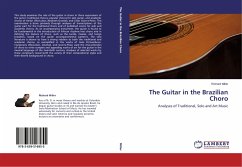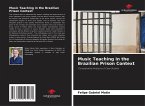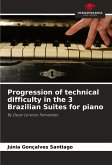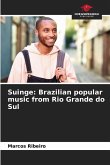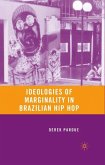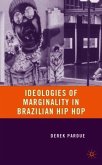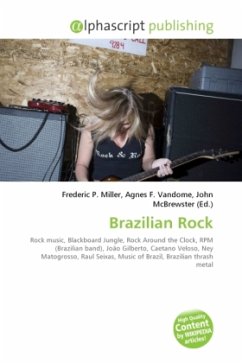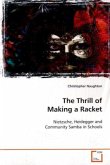This study examines the role of the guitar in choro in three expressions of the genre: traditional choros, popular choros for solo guitar, and academic choros of Heitor Villa-Lobos, Radamés Gnattali, and César Guerra-Peixe. This examination is done primarily through analyses of transcriptions of the guitar part for the traditional choro and of published scores for solo and academic choros. As an accompanying instrument, the guitar is found to be fundamental in the introduction of African rhythms into choro and in defining the dances of choro, such as the lundú, maxixe, and tango brasileiro, based on the guitar accompanimental patterns. The solo literature is shown to have a strong relation to both the traditional and academic choros, as exemplified in the works of João Pernambuco. Composers Villa-Lobos, Gnattali, and Guerra-Peixe used the characteristics of choro to write complex and appealing works of art for the guitar in the musical language of the twentieth century. Analyses of selected works by these composers reveal both the variety of their compositional styles and their shared background in choro.
Bitte wählen Sie Ihr Anliegen aus.
Rechnungen
Retourenschein anfordern
Bestellstatus
Storno

